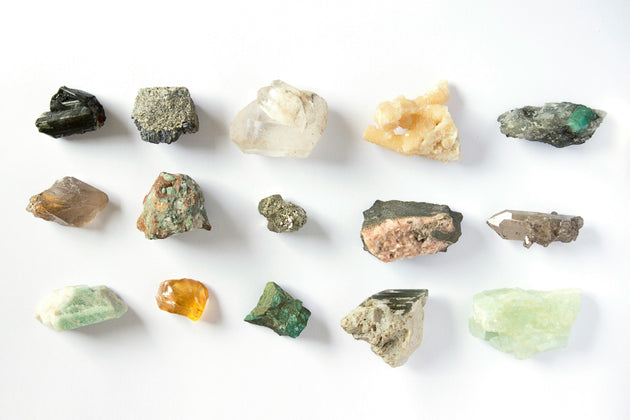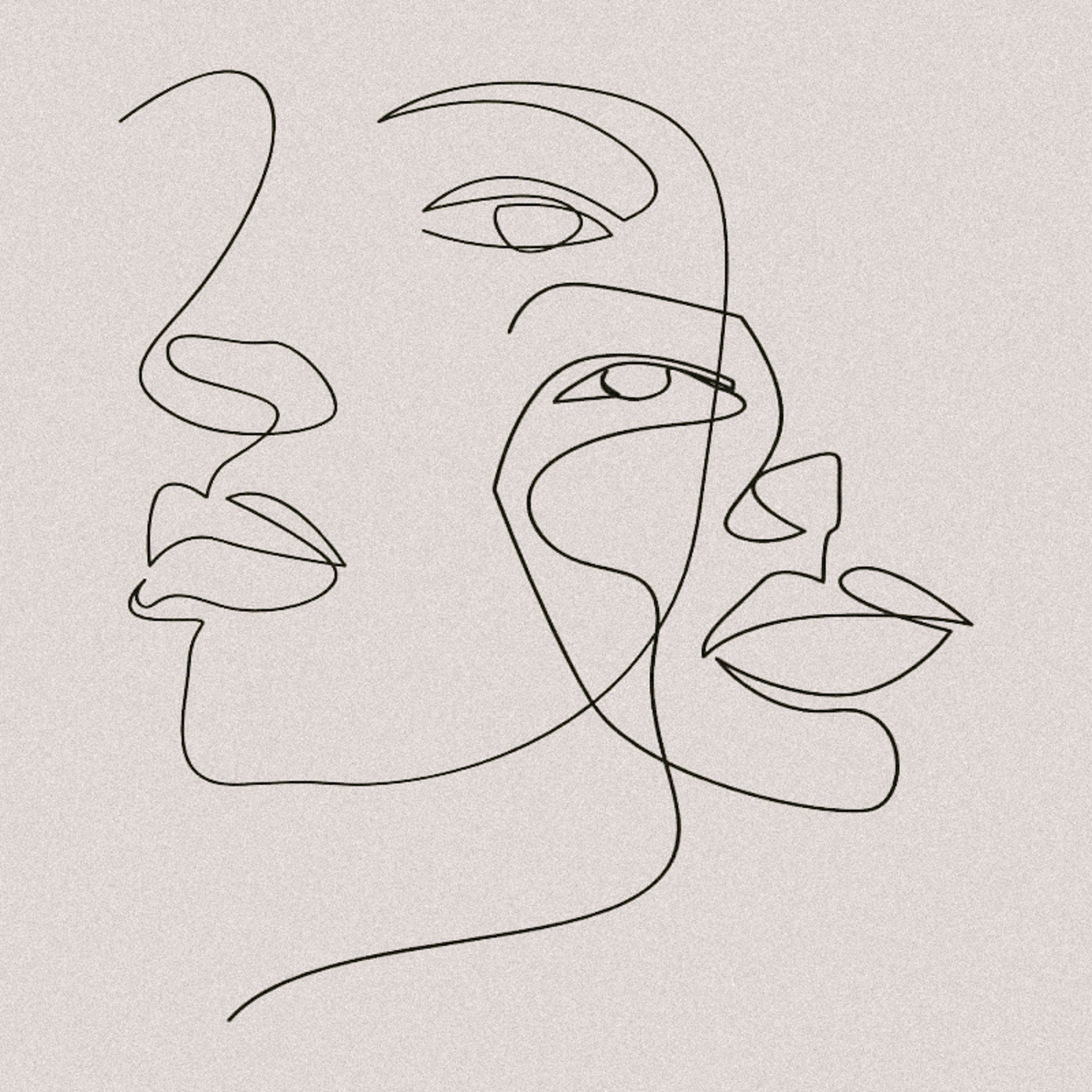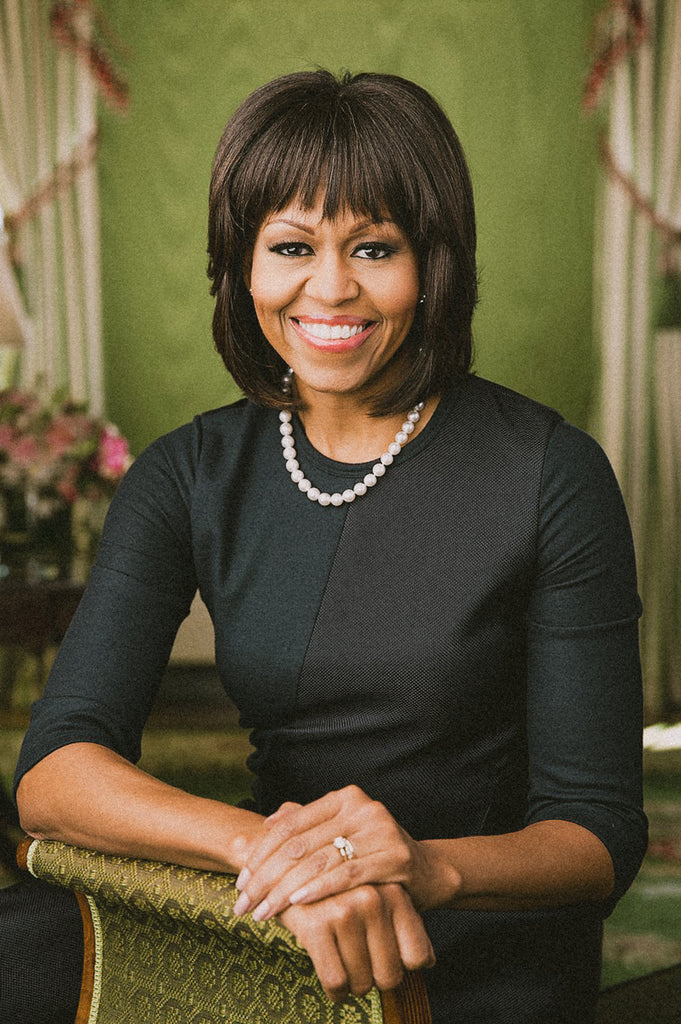They areknown, admired and a source of inspirationfor many generations.
"Elles" are women who are as different as they arecommitted. None of their stories are alike, but each of them contributes to making things happen and building a better world. Whether feminists, environmental activists, advocates of equality for all or simply charismatic, they've all made their mark. Let's set off right away to discover these9 famous committed women, the ones who make you want to surpass yourself, theseicons of yesterday, today and tomorrow.
Inspiring 20th-century women we won't forget
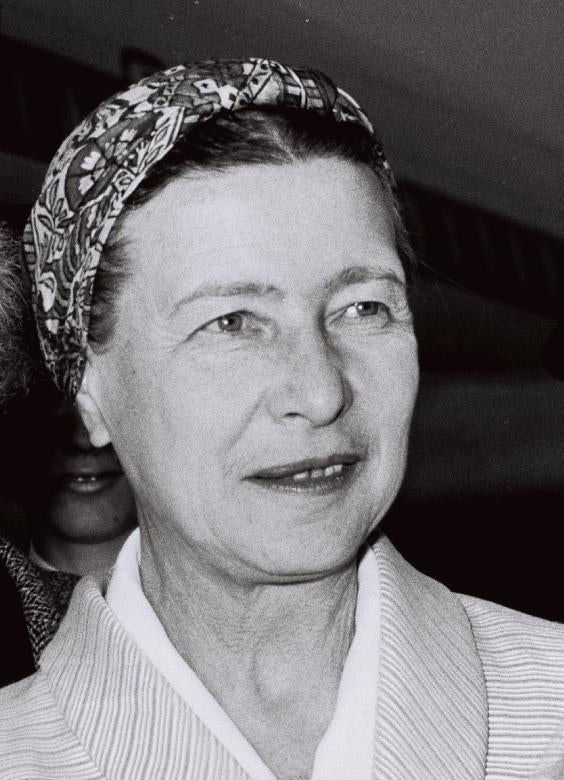
Simone de Beauvoir, feminism in words
Born into a bourgeois family, Simone de Beauvoir grew up in a stable, well-to-do environment. As an adolescent, the ruin of her family disrupted her cozy cocoon and damaged relations between her parents. This vision of the couple left its mark on her, and undoubtedly played a role in her desire fornon-conformist love relationships.
At 15, the young girl from a good family knew what she wanted: she would become a writer! The publication of "Deuxième Sexe", a philosophical, existentialist and feminist essay, caused quite a stir. The book details the condition of women after the Second World War.
Despite criticism, the work was a great success, and Simone de Beauvoir became theicon of emancipated women.
For the author, women had a role to play. By remaining passive and letting men develop sexism, they maintain their lives as submissive women.
"You're not born a woman, you become one.
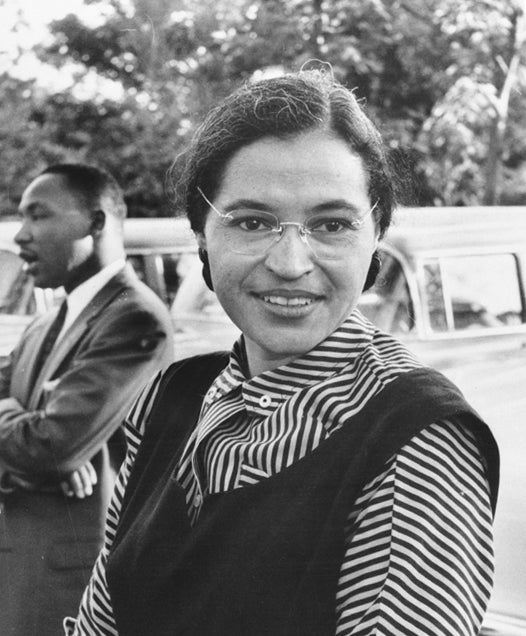
Rosa Parks, the daring gesture that counts
Rosa Parks grew up in Alabama, USA, at a time when the Klu Klux Klan was active and interaction between blacks and whites was legally restricted. Despite the Jim Crow law stating "separate but equal", equality was clearly not achieved.
Hercommitment to racial segregationbegan with her husband, in 1940. She joined theMontgomery Voters League, which helped people of color pass their voter registration test.
It continued in 1943 when she became secretary to Edgar Nixon, leader of the NAACP (National Association for the Advancement of Colored People locale), an American civil rights organization.
Then came that famous day, December 1, 1955. Rosa Parks was sitting on a bus when the driver asked her to move to give up her seat to a white man. Tired of having to give in and submit yet again, she refused and was arrested. Her lawyer, Edgar Nixon, seized the opportunity to turn this act into a fight against racial segregation.
Rosa Parks was not the first to refuse obedience. But her position as a stable, educated person helped make hera symbol of the fight against racial inequality.
"If we give up, we become complacent about abuse, which makes it even more oppressive."

Marie Curie, a woman's science
Born in Warsaw in 1867, Maria Salomea Sklodowska was involved in her schooling from an early age. At that time in Poland, higher education was forbidden to women, so she joined an underground university. At the age of 24, she moved to Paris to join her sister, and enrolled at the Faculty of Science to study physics.
She soon met and married Pierre Curie. The arrival of their first child made the couple happy, but the young woman refused to confine herself to the role of mother and wife.
The scientific duo immersed themselves in the study of radioactivity. Their work was made public and won several awards. Their crowning achievement came in 1903, when 36-year-old Marie Curie and her husband were awarded theNobel Prize in Physicsfor their discoveries on the phenomenon of radiation. She became the first woman to receive such an award.
Marie Curie did not campaign for any cause, nor did she advocate the status of women, buther position as a renowned physicist and chemist helped many young girls realize that science was not a discipline reserved for men.
"I was often asked, especially by women, how I could reconcile family life with a scientific career. Well, it hasn't been easy."
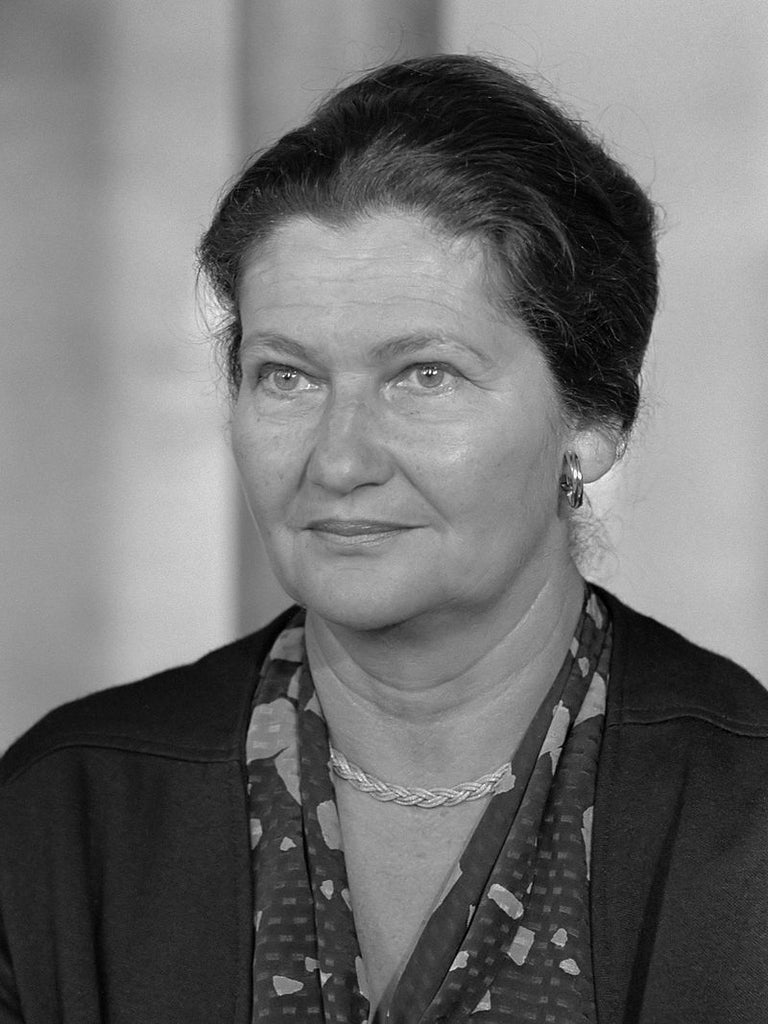
Simone Veil, a revolution for women
Simone Jacob, whose maiden name would later be associated with women's liberation, spent her adolescence under Nazi terror during the Second World War. A survivor of deportation to Auschwitz, the marks of the Shoah were tattooed on her flesh and forever anchored in her mind.
In 1974, appointed by Valéry Giscard d'Estaing, she became Minister of Health. November 26 of that year marked a turning point for every woman. Her speech to the National Assembly in favor ofdecriminalizing abortionwas a long battle, which she finally won. TheVeil lawwas promulgated 1? months later. It was a revolution for women, who could now have a legal abortion.
"My demand as a woman is that my difference be taken into account, that I not be forced to adapt to the male model.
Famous 21st-century women committed to moving the world forward
Michelle Obama, the strength to believe that anything is possible
Coming from a very modest family, living in a neighborhood with a very mixed population, Michelle Robinson is a very good student who spares no effort. She wants to set an example, to show that success doesn't depend on skin color or a fat wallet.
Her first commitments concerneddiversity andaccess to healthcare for the underprivileged.
In 2008, her husband, Barak Obama, was elected President of the United States. She became the first African-American First Lady. Despite her status, she insists on remembering where she comes from and who she is.
She continues her committed actions and wishes topass on to little girls the strength to believe that they can become whatever they want, whatever their gender, skin color or social background.
"There is no limit to what we can achieve as women."
Natalie Portman, from sexism to feminism
Natalie Portman shot to fame at a very early age. Barely a teenager, she entered the world of cinema.
Years later, at the 2018Women's March, she confided that the first letter she received from a fan was an attack on her sexualized body. She also denounced the sexism she suffered at the hands of big-screen professionals.
Strongly motivated by thepromotion of women's work, she promotes microcredit to develop women's businesses in poor countries. In a different vein, she donned a Dior cape at the 92nd Oscars, embroidered with the names of unselected female directors.
Alongside her actions to promote women in their profession, she is committed todefending animal rights.
"I wonder how people decided that women were supposed to shave their legs and armpits."

Emma Watson, feminism is a man's business too
Generations Y and Z grew up with her. Little boys and girls have followed the adventures of the brilliant Hermione Granger in the Harry Potter saga. But the young witch is now a thirty-somethingcommitted to gender equality.
While many defend feminism, Emma Watson approaches the issue from a different angle that aims to include men.
In 2014, during her speech presenting theHe for She movement, she addressed men directly: "Gender equality is your problem too". She emphasized that men, like women, are locked into social norms that need to be broken. With her hard-hitting, engaging approach to inclusion, she rallies men around women to act together for gender equality.
"Men and women alike should have the right to be sensitive, just as they should have the right to be strong."

Kamala Harris, an ambitious and determined pioneer
Born to immigrant parents, Kamala Harris grew up in California, surrounded by their commitment to civil rights. From an early age, she took part in various demonstrations.
She entered Howard University, renowned for training the African-American elite. She went on to pursue a career in law, convinced that the system had to be changed from within. Her career path led her to the position of San Francisco District Attorney, then Attorney General of California. She was the first black woman to hold such positions.
Her ambition and determination are complemented by an iron fist and aplomb that destabilize some men.
In November 2020, the "Obama Girl" became thefirst woman of color to be elected Vice-President of the United States. She is perceived as a modern woman, destined to achieve great things.
Defending minorities, developing an inclusive society, fighting discrimination and police violence, and making the ecological transition are just some of her political commitments.
But she also calls for theempowerment of women. Indeed, she is aware that her election was only possible thanks to all those ladies of the past who "paved the way" for her. In her victory speech, she pays tribute to them and assures them that she won't be the last.
"Our unity is our strength and our diversity is our power. We reject the myth of 'us' versus 'them'. We're in this together."

Greta Thunberg, the voice of youth
Summer 2018, at the age of 15, a young Swedish environmental activist speaks out and denounces the government's inaction on global warming. Her message and outspokenness attract attention. She initiated theFridays for Futuremovement: to go on strike from school every Friday until concrete action is taken.
Her call rallied millions of students around severalschool strikes for the climate.
The movement spread beyond Sweden. The young girl's commitment was picked up by the media around the world. Greta Thunberg became the voice of a new generation, one that awakened consciences.
"No one is too small to have an impact and change the world.


